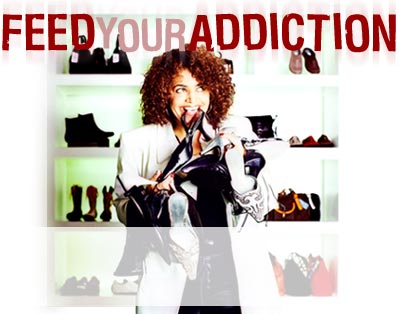But one aspect of online shopping has been getting a lot of attention recently – the use of it as a mechanism for seeking discounts. Here is a survey that reports that 40% of Americans are spending more time comparing prices online.
Of course there is plenty of online price checking, discount seeking and reading of customer reviews to gain reassurance on purchases. These activities lead to the general perception that the Internet provides the discipline of computerized “reason” to our irrational and emotional urge to buy.
This thinking can be misleading for a number of reasons.
- Firstly, the idea that online shopping or investigating purchases online sits in contrast to ‘impulse purchasing’ is not necessarily true. Of course it is possible to impulse purchase online. My wife constantly impulse downloads 80’s tunes from iTunes that she runs across.
- And while the bulk of online activity may be about saving / reassurance some is also about indulgence. Consider the difference between the kind of social shopping sites that consumers use to compare prices with ThisNext. This site is the ultimate social shopping forum for those who are not looking for bargains but are looking to share enthusiasm to consume. The goals of users of ThisNext (who are 80% female) are hardly comparable with the users of Red Tag Deals or even Epinions.
We found that two groups of Canadian shoppers are the heaviest users of flyers – the most price sensitive and the least price sensitive. The former are looking for deals. And the latter are looking to enjoy consuming and the flyer was a means of doing that. It is wrong to assume that flyer use or online comparison or digital social shopping is motivated by a strictly ‘rational’ urge to seek discounts.
Related to this is the idea that even if consumers are using online tools to make “better” shopping decisions a recent post by Jonah Lehrer questions whether they are achieving their goal. He points to a published paper in the Journal of Consumer Research by Leonard Lee, Dan Ariely, and On Amir regarding decision-making implies that the slow rational, deliberate approach to decision making that you might use if you are shopping on-line does not produce “better” decisions than the fast, emotional, instinctive approach that you might use in a store.

